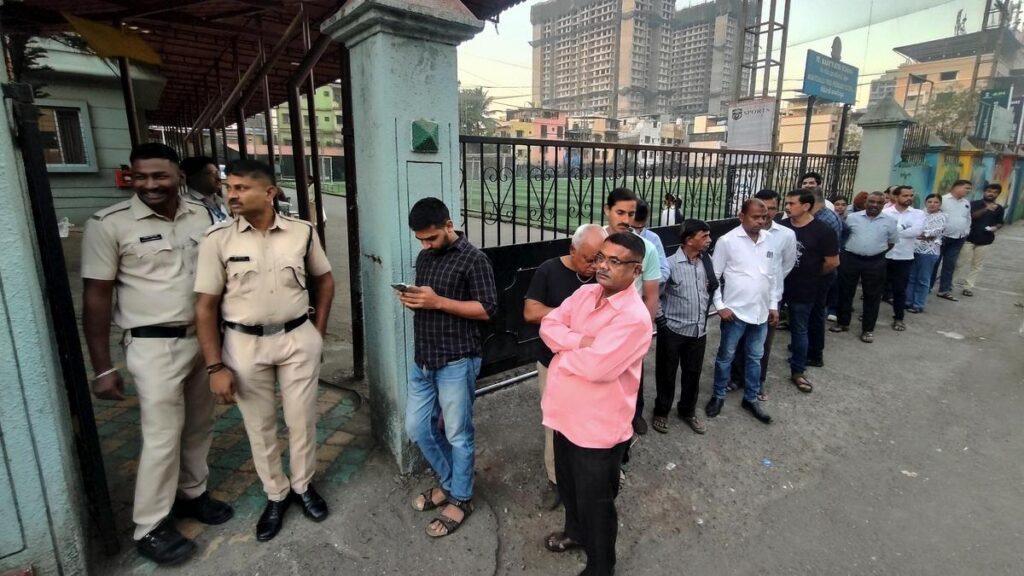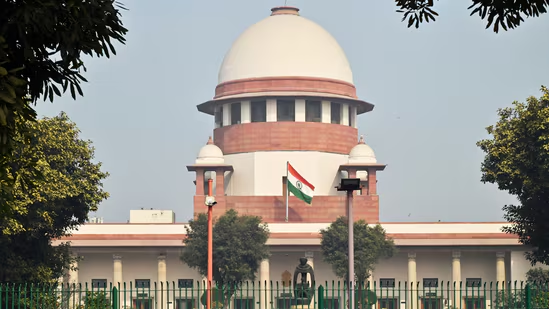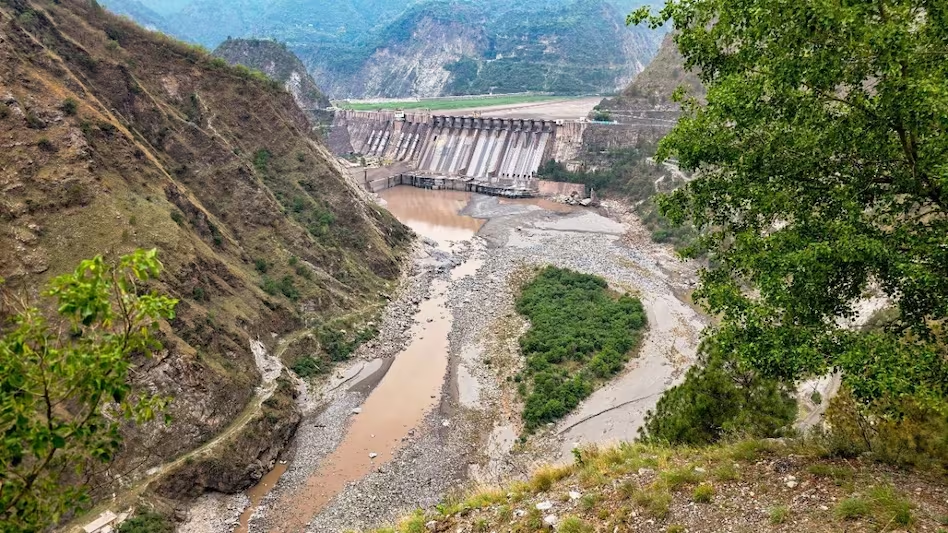Now Reading: Iran Condemns Trump’s Remarks on Khamenei, Questions Sincerity of US Deal Talk
-
01
Iran Condemns Trump’s Remarks on Khamenei, Questions Sincerity of US Deal Talk
Iran Condemns Trump’s Remarks on Khamenei, Questions Sincerity of US Deal Talk

Tensions between the United States and Iran have escalated again after former US President Donald Trump made controversial remarks about Iran’s Supreme Leader Ayatollah Ali Khamenei. In a strong rebuttal, Iran called the comments “disrespectful and condemnable” and accused Trump of lacking seriousness about diplomatic engagement. The exchange adds to the long-standing friction between the two nations and raises questions about future dialogue.
Trump’s Comments Spark Fresh Outrage
During a recent public appearance, Donald Trump criticised Iran’s leadership, directly targeting Khamenei with remarks Tehran deemed offensive and provocative. Trump also hinted at the possibility of making a deal with Iran if he were re-elected, adding a layer of contradiction that Iran quickly seized upon.
Iran’s foreign ministry responded sharply, questioning how genuine such a deal could be when accompanied by personal insults and inflammatory rhetoric.
Iran’s Response and Global Reaction
Iranian officials labelled Trump’s statements as “incoherent” and “lacking diplomatic maturity.” They pointed out that such language undermines efforts toward negotiation and peace, especially at a time when tensions in West Asia remain high.
Observers in Europe and the Middle East have also expressed concern that renewed hostility could derail ongoing peace efforts, particularly those involving trade, nuclear policy, and regional stability.
Implications for India and Global Diplomacy
For India, which maintains diplomatic and trade ties with both countries, the development is worth watching. Indian cities — especially Tier 2 hubs like Vadodara, Surat, and Kochi — have strong links with the Gulf for trade and employment. Any instability in the region could impact oil prices, migrant workers, and regional partnerships.
India has traditionally advocated for peaceful dialogue and has avoided taking sides in US–Iran conflicts, focusing instead on maintaining stable bilateral ties with both nations.
Deal or Distraction?
Analysts suggest that Trump’s remarks may be aimed more at domestic audiences than at shaping foreign policy. With US elections approaching, strong rhetoric on international affairs often plays into political strategy. However, for countries like Iran — and stakeholders around the world — such statements can cause real diplomatic strain.
Tehran has reiterated that it remains open to constructive engagement but warned that respect must be mutual.
Conclusion
The latest exchange between Trump and Iranian leaders signals a renewed chill in US–Iran relations. As global attention turns to upcoming elections and shifting power dynamics, India and other neutral players will likely continue urging calm and dialogue. In a volatile region, words matter — and so does the willingness to find common ground.

























